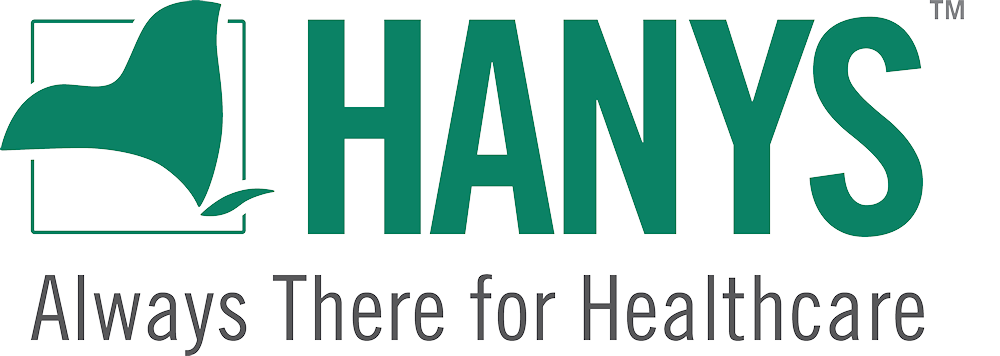
News and Media
Samaritan Medical Center streamlines COVID-19 patient flow and treatment
Samaritan Medical Center's outpatient management program for mild to at-risk COVID-19 patients helped them facilitate safe discharges and free up acute care beds for those in need.
St. Joseph’s Health enriches patient well-being through music therapy
Through their personalized music therapy program, St. Joseph's Health decreased agitated behavior in geriatric patients.
St. Joseph Hospital advances emergency department communication
Through techniques like bedside shift reports and appreciative coaching, St. Joseph Hospital improved nurse communication in the ED to keep their patients safe and informed.
Upstate Golisano Children’s Hospital enhances staff safety
By implementing a violence assessment tool, behavioral intervention plan, PPE carts and a behavioral escalation response team, they decreased overall staff injuries by more than 60% and increased RN satisfaction.
Westchester Behavioral Health Center improves staff and patient safety
Patient aggression can be common in psychiatric settings and incidences of verbal and physical violence toward staff have significantly increased in recent years.
Geneva General Hospital streamlines stroke treatment
Effective stroke treatments exist, but timely access to these treatments is not always available to rural and community hospitals and the patients they serve.
Nathan Littauer Hospital reduces insulin-induced episodes of hypoglycemia
Hypoglycemia prevention and rapid treatment are key to patient safety, glycemic control and averting organ damage and mortality.
Good Samaritan Hospital improves OUD and NAS care for mothers and newborns
Opioid use disorder in pregnancy and neonatal abstinence syndrome have escalated dramatically in recent years, and have been further exacerbated by the COVID-19 pandemic.
Oneida Health Hospital reduces risk of severe sepsis and septic shock
Severe sepsis and septic shock cause serious risk of morbidity and mortality, with risk of mortality increasing about 10% in patients with sepsis and more than 40% in patients with septic shock.
NewYork-Presbyterian advances newborn safety
Fall harm and fatality are typically associated with geriatric patients, but newborn falls do occur, causing devastating emotional trauma to parents and healthcare staff, additional costs and legal concerns.
Long Island Community Hospital transforms patient experience in the ED
Emergency departments account for nearly half of all medical care delivered in the U.
Highland Hospital improves communication to reduce length of stay
Reducing patients’ length of stay in hospital settings correlates strongly with improved care quality and outcomes.